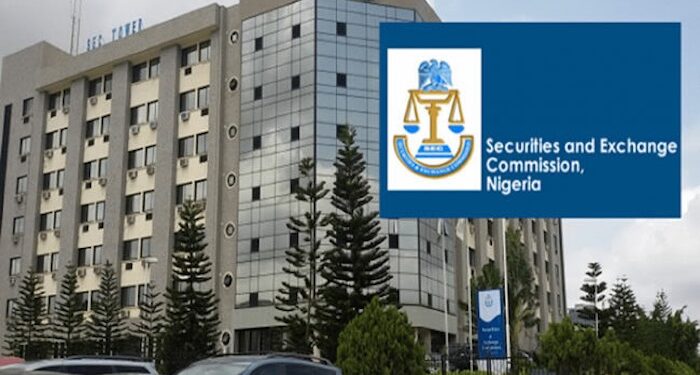Abuja, April 10, 2025 — Nigeria may soon exit the grey list of the Financial Action Task Force (FATF) following the inclusion of digital assets regulation in the newly signed Investments and Securities Act (ISA) 2025, the Securities and Exchange Commission (SEC) has said.
The Director-General of the SEC, Dr. Emomotimi Agama, made this known in Abuja on Wednesday, stating that the development marks a significant milestone in Nigeria’s efforts to strengthen its anti-money laundering (AML) and counter-terrorism financing (CTF) frameworks.
Nigeria was added to the FATF grey list on February 24, 2023, due to deficiencies in its AML/CTF regime. Countries on the list are subjected to increased monitoring by global financial institutions.
“It may interest you to know that the AML/CTF issue is what brought about our inclusion in the grey list,” Agama said. “The inclusion of digital assets regulation in ISA 2025 now provides us an avenue to exit that grey list. That is very critical to the international community.”
He noted that the law enhances transparency, curbs fraudulent practices in the digital space, and fosters trust in emerging technologies like blockchain and cryptocurrency.
Nigeria Is Ready for Business
Agama emphasized that the legislation signals Nigeria’s readiness to embrace innovation and protect digital investors, while reassuring global partners of the country’s commitment to international financial standards.
“We are telling the international community that we are ready for business and we are ready to protect every business that operates within Nigeria,” he said.
Regulating Crypto Does Not Weaken the Naira
The SEC chief also dismissed concerns that cryptocurrency trading could weaken the naira, explaining that the Commission’s role is to create a regulatory environment that supports innovation while safeguarding national interests.
“Trading in cryptocurrencies does not translate into a weaker naira. What we are doing is ensuring proper guidance, so actors in the space do not run foul of the law,” he stated.
Agama disclosed that the SEC is working in collaboration with the Central Bank of Nigeria (CBN), the Economic and Financial Crimes Commission (EFCC), the Nigeria Financial Intelligence Unit (NFIU), and the Office of the National Security Adviser (ONSA) to regulate the sector.
Risk-Based Approach to Licensing
According to Agama, the Commission is adopting a moderated approach to regulation through two key initiatives: the Regulatory Incubation Programme and the Accelerated Incubation Programme. These programs assess the risk profiles of digital asset operators before granting full licenses.
“It is not possible to license everyone at once. The current cohorts are under evaluation, and we expect to release the next batch in the coming quarter,” he said.
Boosting Investor Confidence Through Risk Management
The SEC boss also revealed plans to embed risk management as a legal requirement across Nigeria’s capital market to protect investors and guard against systemic risks. This will also enhance Know-Your-Customer (KYC) protocols.
“Once this happens, investor confidence will rise because they know we have their back. This also helps us differentiate between genuine investors and those with ulterior motives,” Agama said.
With these regulatory measures now in place, Nigeria’s financial authorities are optimistic that the country will soon be delisted from FATF’s grey list — a move that would restore international confidence in its financial systems and boost foreign investment.


